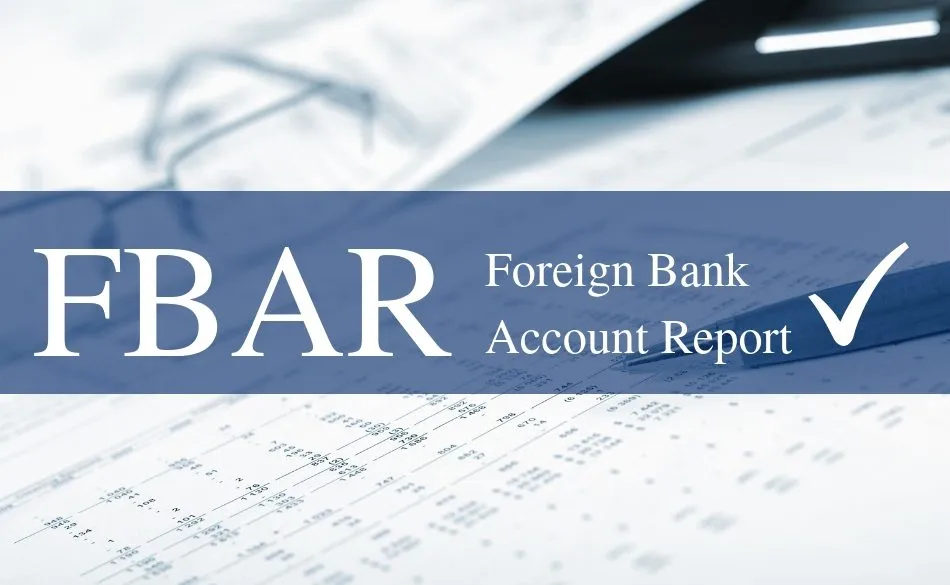 WhatsApp
WhatsApp
 Call Us
Call Us
 Email Us
Email Us
 Whatsapp Community
Whatsapp Community

The Indian Income Tax (I-T) Department has intensified its focus on foreign asset disclosure, particularly targeting employees of multinational corporations (MNCs) benefiting from employee stock option plans (ESOPs) and employee stock purchase plans (ESPPs). This decisive move aims to curb rising non-disclosure cases, as over 1.9 lakh resident Indians were found holding foreign assets in FY 2023-24, a sharp increase from 60,000 in FY 2020-21.
ESOPs and ESPPs are widely used by MNCs to reward employees with company shares. However, misinformation and oversight often lead to non-disclosure of these foreign assets in income tax returns (ITRs). Under India’s stringent Black Money law, such omissions can result in heavy penalties. The I-T department’s recent campaign seeks to raise awareness and ensure compliance among employees.
India’s tax authorities are utilizing data from jurisdictions with automatic exchange of information agreements. These global collaborations have allowed the department to identify detailed records of Indian residents holding foreign assets. As part of this drive, a list of 42 MNCs employing over 1.2 lakh individuals with ESOP or ESPP benefits has been created for targeted outreach.
Failing to disclose foreign securities, especially after exercising ESOPs or ESPPs, can lead to severe financial and legal consequences. For NRIs and returning residents navigating NRI taxation, using proceeds from such holdings to acquire offshore assets without declaring them in ITRs further compounds the risk. Taxpayers must report the following under the FA (Foreign Asset) schedule of ITR forms introduced in 2012:
A prevalent misconception is that tax deducted at source (TDS) on salaries absolves employees from disclosing foreign assets. This has caused many salaried professionals, including startup founders returning to India, to inadvertently violate tax laws. Examples include failing to report equity allocations abroad or foreign social security accounts.
To tackle these issues, the I-T department plans to collaborate with HR and payroll teams of the identified MNCs. This initiative will educate employees on their disclosure obligations and highlight the consequences of non-compliance. Employees will be warned about the financial and legal penalties for inaccurate or incomplete foreign asset reporting.
This campaign is part of India’s larger efforts to tax undeclared overseas assets and enforce compliance with tax laws. With the growing number of resident Indians holding foreign assets, the government’s actions emphasize the need for financial transparency.
The tax department’s renewed focus on foreign asset disclosures highlights the importance of proactive compliance. For MNC employees, the penalties for non-disclosure far outweigh the effort required to accurately report foreign assets. Transparency not only fulfills your legal obligations but also protects you from unnecessary legal and financial complications.
At Dinesh Aarjav & Associates, we specialize in helping individuals and businesses navigate complex tax laws. If you’re unsure about your disclosure obligations, contact us today for expert assistance.
Stay updated with the latest tax news and insights on Dinesh Aarjav & Associates.







Stay in the loop, subscribe to our newsletter and unlock a world of exclusive updates, insights, and offers delivered straight to your inbox.